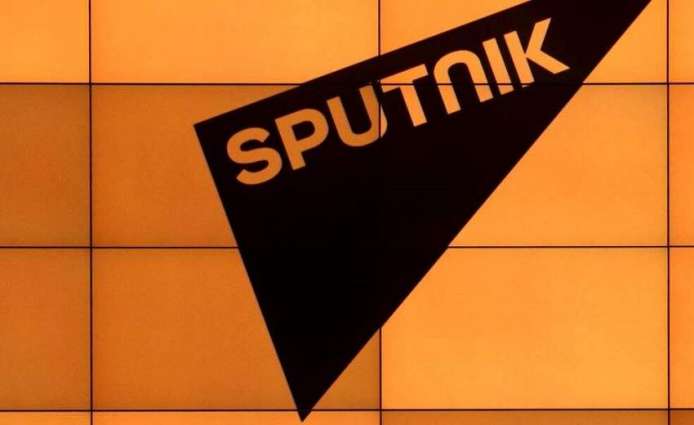The Baltic states banning of Russian media agencies Sputnik and RT amounts to "outright censorship" that aims at causing the European Union and Moscow to become estranged, Claude Chollet, the head of the Journalism Observatory (Observatoire du journalisme) association for media freedom, told Sputnik on Tuesday
MOSCOW (Pakistan Point News / Sputnik - 14th July, 2020) The Baltic states banning of Russian media agencies Sputnik and RT amounts to "outright censorship" that aims at causing the European Union and Moscow to become estranged, Claude Chollet, the head of the Journalism Observatory (Observatoire du journalisme) association for media freedom, told Sputnik on Tuesday.
Last week, Lithuania followed neighboring Latvia's lead and banned several channels of the RT broadcaster. Sputnik has been banned in Estonia since December. Secretary General Anthony Bellanger of the International Federation of Journalists has decried the ban as a violation of the freedom of the press and open censorship.
"There are two types of censorship. The most wide-spread one is self-censorship: it is the worst because it is silent and colorless. It is invisible. In this case [the ban by Baltic countries], it is a blatant exercise of censorship," Chollet said.
According to the journalist, when banning Russia's RT and Sputnik, the Baltic states should have also banned such media outlets as BBC and TV5 Monde, which are also financed directly by the governments of the United Kingdom and France, respectively.
The journalist called for the ban in a broader geopolitical context in order to see where it is coming from. He recalled how French President Emmanuel macron's scandalous statement on NATO suffering "brain death" last fall was followed by an intensification of the military alliance's self-promotion in Europe, including through the dissemination of the alleged "Russian threat" narrative.
"The ban in the three Baltic states is linked to this NATO's anxiety ... I think that the ban was aimed at triggering Russia's irritation with the purpose of deepening the abyss between Europe and Russia," the journalist said.
Chollet also pointed out that a good journalist ought to always be perceived as a threat by those in power, otherwise he or she is not a professional.
In explaining their decision to outlaw RT channels, Latvian and Lithuanian authorities said it was because Dmitry Kiselev, the director general of the Rossiya Segodnya media conglomerate, was under EU sanctions. However, Kiselev has no involvement with RT.
Rossiya Segodnya and RT are two different legal entities. RT's editor-in-chief is Margarita Simonyan, who has not been sanctioned. Both Kiselev and Simonyan have mocked the responsible authorities in Latvia and Lithuania for the confusion caused by the poor awareness and premature judgment on the matter.




